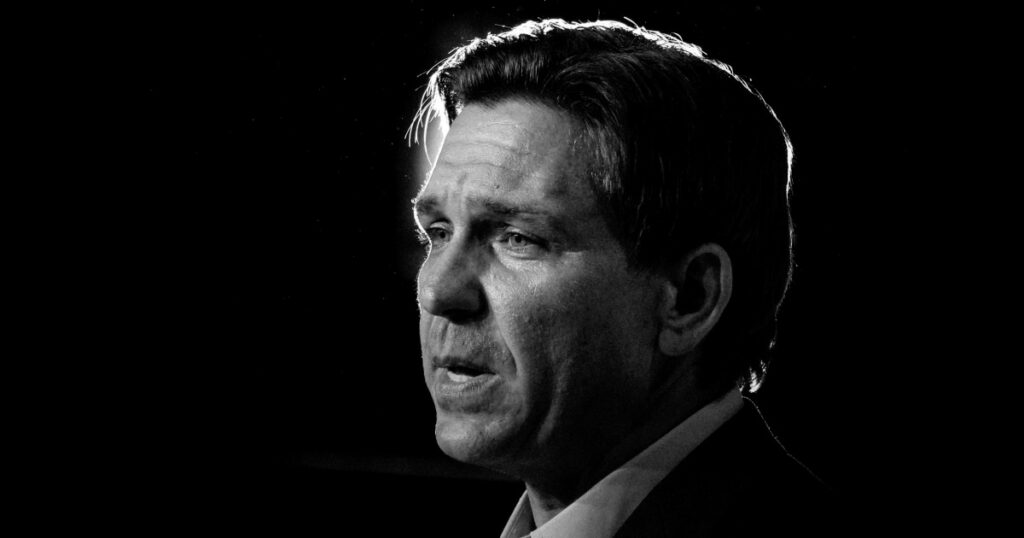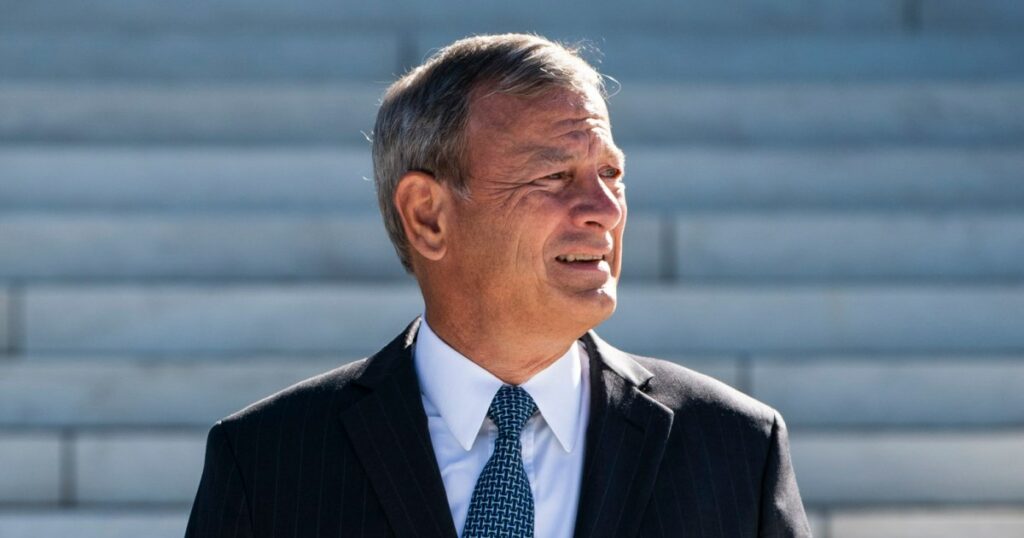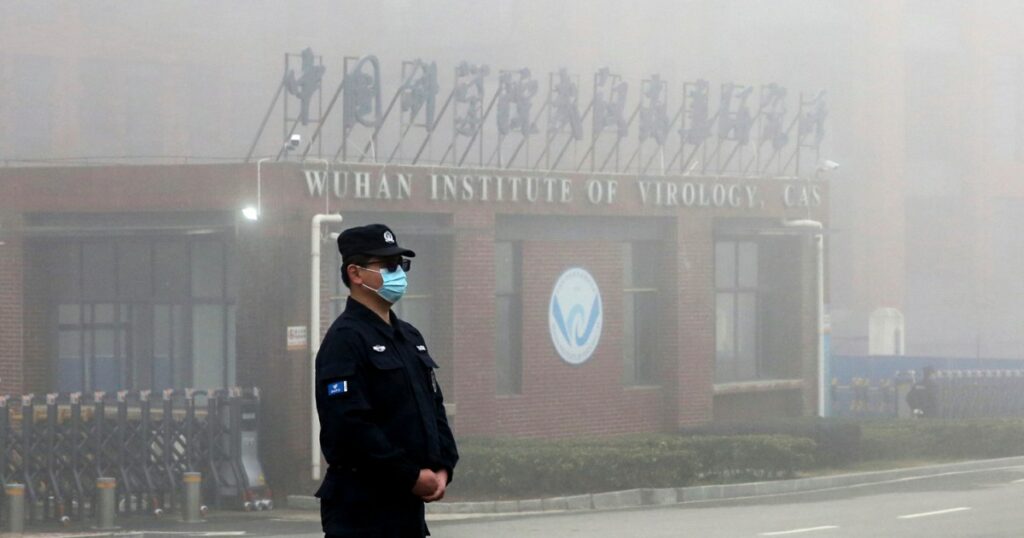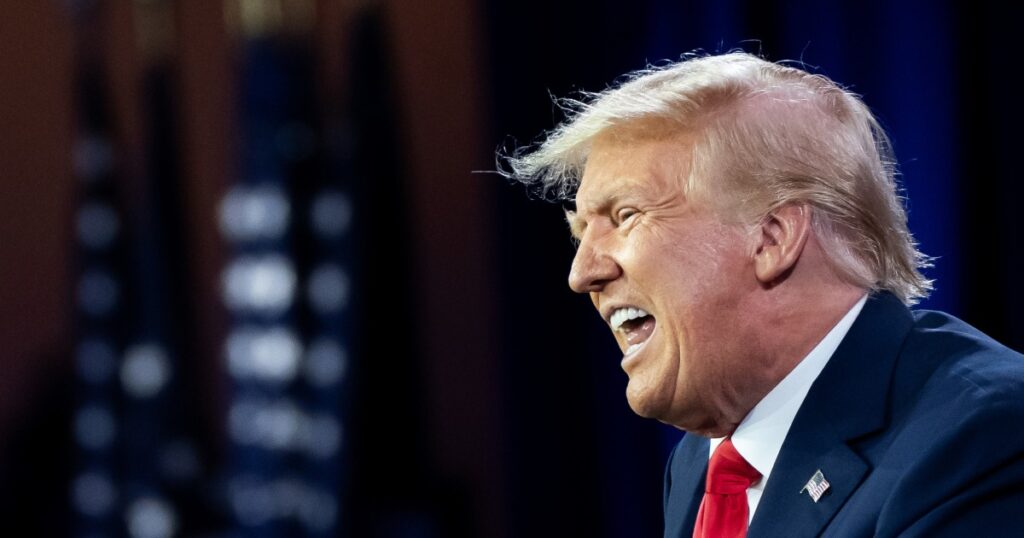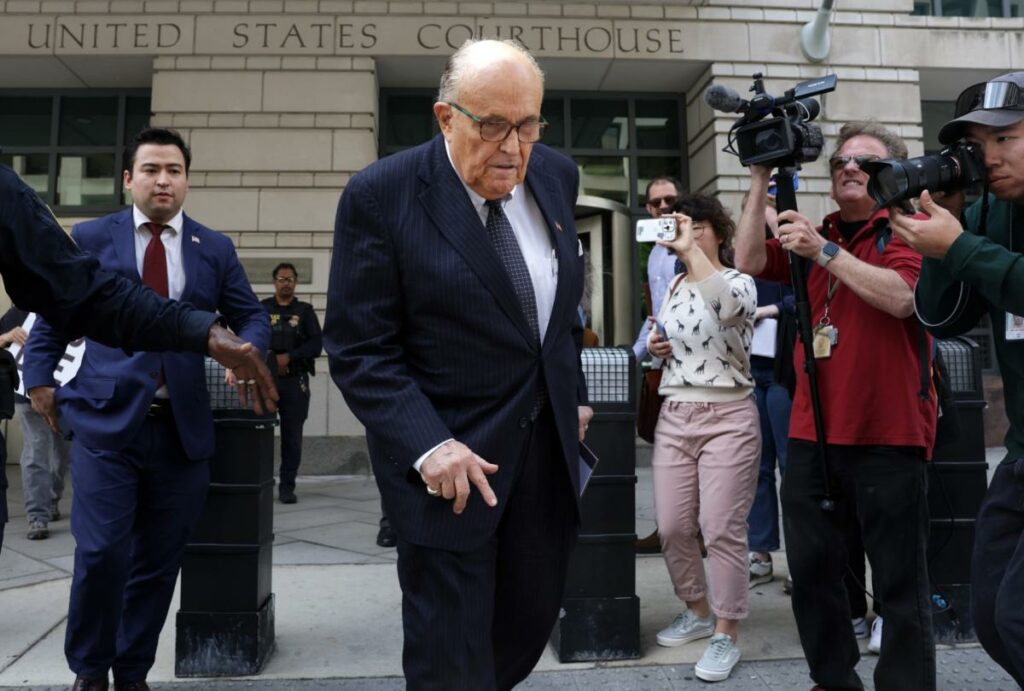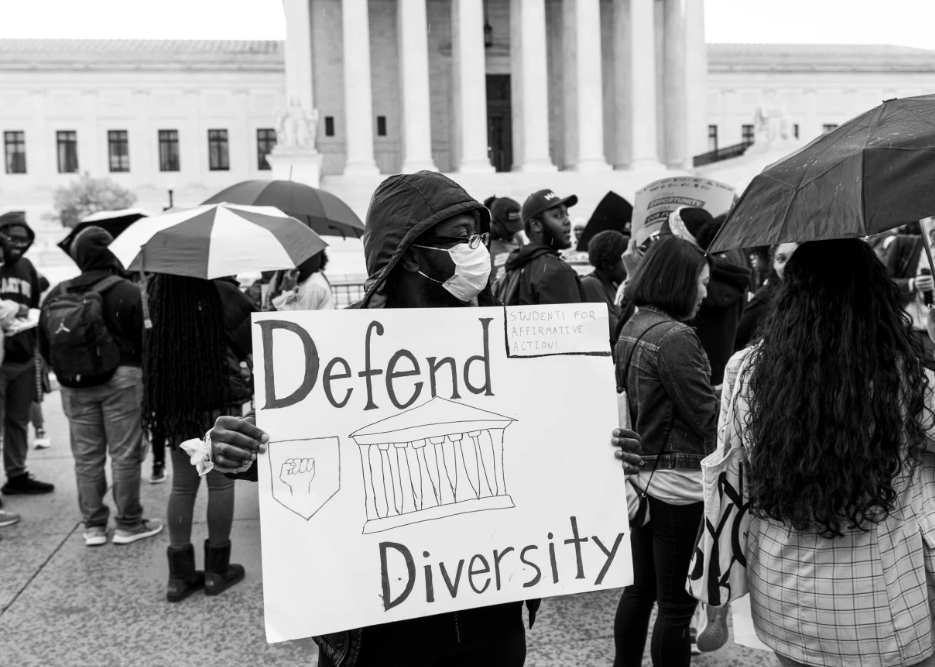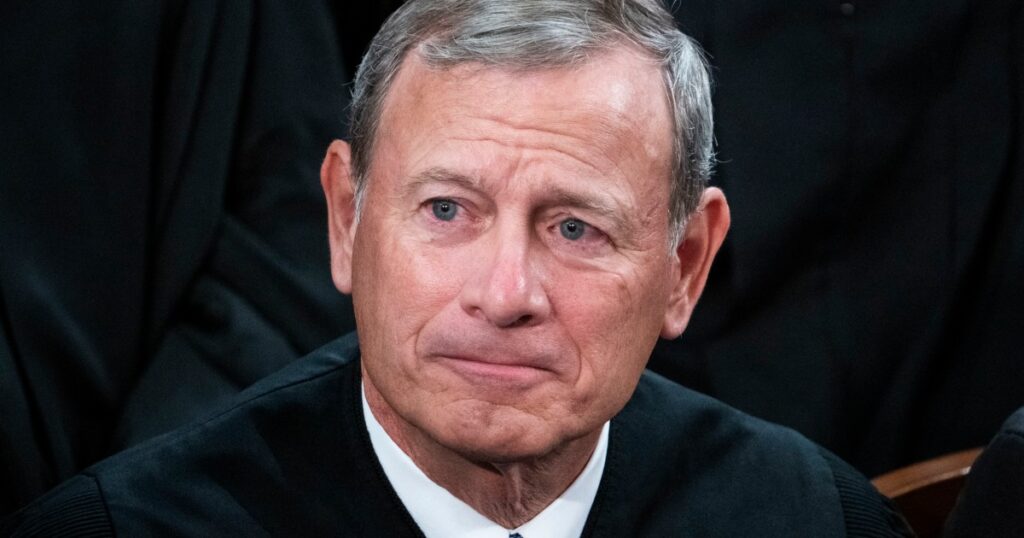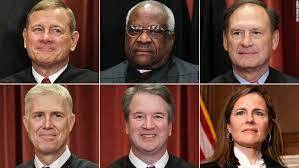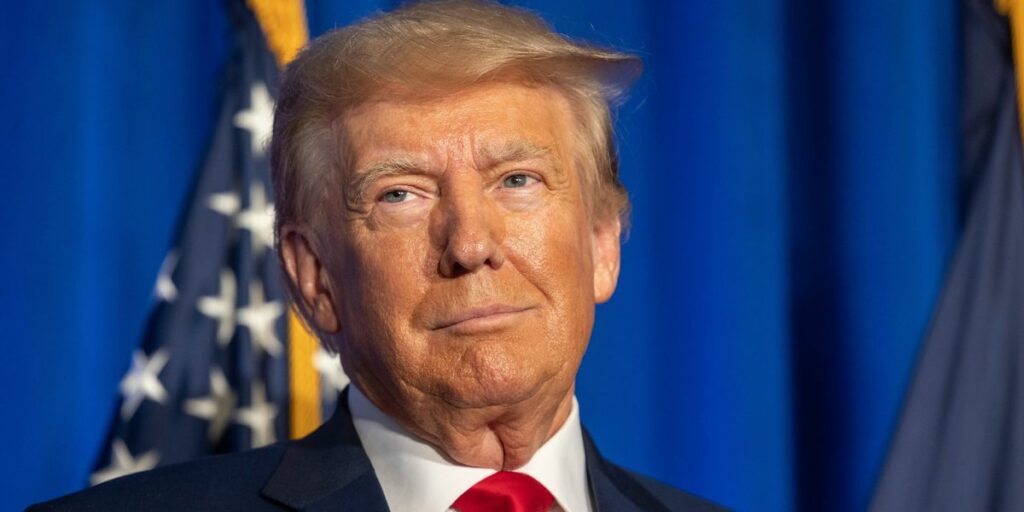Florida Gov. Ron DeSantis’ Campaign in Crisis: Deception, Bigotry, and Awkwardness Revealed
Florida Gov. Ron DeSantis’ campaign for a presidential run is hitting major roadblocks, and it’s not looking good for him. After months of plummeting poll numbers, strange encounters with the public, and growing concerns from his top supporters, DeSantis is desperately seeking a comeback. But his recent actions and decisions are only making things worse.
Deceptive Actions Exposed
Recently, it was revealed that DeSantis had misled the public about his decision to send emergency support personnel to assist with a building collapse in Davenport, Iowa. Despite knowing that Iowa officials no longer needed Florida’s help, DeSantis took credit for his nonexistent emergency response and billed Florida taxpayers nearly $500,000 for unnecessary specialists. This revelation paints a picture of a candidate more aligned with Mitt Romney than Ronald Reagan, contradicting the image Republican strategists had once painted of him as the most effective Trump alternative.
Adding Bigotry to the Agenda
DeSantis’ campaign has also faced criticism for a blisteringly anti-LGBTQ campaign ad that featured images of famous movie criminals and serial killers, along with oiled-up, shirtless muscle men. The ad was widely regarded as the “weirdest ad in American political history,” and even some Republicans expressed outrage at the transparency of DeSantis’ anti-gay bigotry. Instead of backing away, DeSantis doubled down, further damaging his reputation and alienating former allies.
Awkwardness on the Campaign Trail
DeSantis’ foray into Iowa, a crucial state for presidential campaigns, has been marked by awkwardness and uninspiring efforts. His socially awkward screeching during a previous visit turned him into a punchline, and his focus on Florida-specific issues instead of national policy ideas has left many Iowans unimpressed. Even his big July 4 event ended in a mess, with the governor soaked by a rainstorm and playing to a small crowd of die-hard supporters. These incidents only reinforce the perception that DeSantis is out of touch and lacking the charisma needed to connect with voters.
Falling Support and a Dire Situation
DeSantis’ support has plummeted by half since March, with a Harvard University/Harris poll showing him drawing support from just 14% of Republican voters. As the primary race heats up, the question of trust becomes paramount, and DeSantis’ headline-generating actions are not inspiring confidence. With time running out, DeSantis must find a way to convince Americans that he is worthy of their votes before it’s too late.
A Glimmer of Hope?
As DeSantis struggles to regain his footing in a primary field dominated by Trump, there is one silver lining: he hasn’t yet resorted to begging an audience to clap for him. But with each passing week, his chances of a successful comeback seem to dwindle.
In conclusion, Florida Gov. Ron DeSantis’ campaign is in crisis. Deception, bigotry, and awkwardness have plagued his efforts, causing his support to plummet and leaving him with a dwindling chance of convincing voters that he is worthy of their trust. The clock is ticking, and DeSantis must find a way to turn things around before it’s too late.
Why Ron DeSantis is Facing an Uphill Battle
Ron DeSantis, the current Governor of Florida, finds himself in a challenging position as he faces an uphill battle in his political career. Despite his popularity among some conservative circles, there are several factors that contribute to the difficulties he is currently encountering.
Firstly, DeSantis is grappling with the ongoing COVID-19 pandemic. Florida has been one of the hardest-hit states in the United States, with a significant number of cases and deaths. The handling of the pandemic has become a contentious issue, and DeSantis has faced criticism for his approach. Many argue that his reluctance to implement strict measures, such as mask mandates and lockdowns, has contributed to the severity of the crisis in the state. As a result, his approval ratings have taken a hit, and he is now facing a skeptical public that questions his ability to effectively manage the crisis.
Secondly, DeSantis is facing criticism for his stance on environmental issues. Florida is known for its beautiful coastline and diverse ecosystems, making environmental protection a crucial concern for its residents. However, DeSantis has been accused of prioritizing economic interests over environmental conservation. His support for offshore drilling and his rollback of environmental regulations have raised concerns among environmentalists and residents alike. This has led to a growing perception that DeSantis is not adequately addressing the long-term sustainability and preservation of Florida’s natural resources.
Furthermore, DeSantis is facing challenges in the realm of education. His controversial decision to reopen schools for in-person learning during the pandemic has drawn criticism from teachers, parents, and health experts. Many argue that this decision puts the safety and well-being of students and staff at risk. Additionally, DeSantis has been a vocal proponent of expanding school choice programs, such as voucher systems, which divert public funds to private schools. This has sparked concerns about the potential negative impact on public education and the exacerbation of existing inequalities.
In addition to these policy challenges, DeSantis is also facing political headwinds. As a Republican governor in a traditionally swing state, he must navigate a complex political landscape. Florida has a diverse electorate, with a significant number of independent and moderate voters. DeSantis must find a way to appeal to these voters while also maintaining the support of his conservative base. This delicate balancing act becomes even more challenging as he faces potential primary challengers within his own party, who may seek to exploit any perceived weaknesses or vulnerabilities.
Despite these obstacles, it is important to note that DeSantis still has a strong base of support. His conservative policies and rhetoric resonate with many Floridians who appreciate his efforts to promote economic growth and individual freedoms. Additionally, his close alignment with former President Donald Trump has solidified his standing among the Republican base.
In conclusion, Ron DeSantis is currently facing an uphill battle in his political career. The handling of the COVID-19 pandemic, his stance on environmental issues, and his education policies have all contributed to the challenges he now faces. Furthermore, navigating the complex political landscape of Florida adds an additional layer of difficulty. However, it is important to recognize that DeSantis still maintains a significant base of support, which may prove crucial in determining his future political trajectory. Only time will tell whether he can overcome these obstacles and emerge as a successful leader for the state of Florida.

